Timor-Leste President José Ramos-Horta meets UNSW experts
2024-10-08T14:01:00+11:00
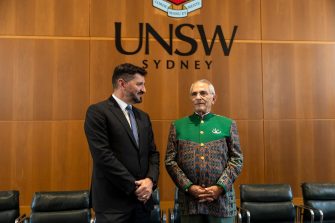
UNSW Acting Vice-Chancellor and President, Provost Vlado Perkovic and President of Timor-Leste, José Ramos-Horta.
Photo: Ken Leanfore
The visit comes as UNSW works to identify opportunities to advance the nation’s development goals, 25 years on from independence.
The President of Timor-Leste, José Ramos-Horta, visited UNSW Sydney’s Kensington campus today, further strengthening the University’s deep connection with the country.
Dr Ramos-Horta met with UNSW senior leadership and participated in forums on social justice, human rights and legal issues, as well as important discussions relating to water and food security and economic empowerment.
The visit comes amid work between UNSW and the President’s office to identify gaps where the University can provide strategic support for aquaculture and water security.
In his opening remarks, President Ramos-Horta said he looked forward to working with the University’s leaders to address his region’s challenges.
“I hope that UNSW in the future can come to engage even more with us, in particular with our universities and government on environmental and agricultural issues,” President Ramos-Horta said.
The President said he hopes to connect university students in both countries, including encouraging Timorese students to do their postgraduate study in Australia.
“I always advocate governments to support vocational schools in Timor and Australia,” he said.
UNSW Acting Vice-Chancellor and President, Provost Vlado Perkovic, said the visit was an opportunity to consolidate the deep commitment and long-standing relationship between the University and Timor-Leste in achieving positive societal benefits.
“UNSW remains committed to playing a key role in Timor-Leste, and we look forward to working together with our colleagues across the Timor Sea to address critical challenges. A quarter of a century after independence, UNSW celebrates the remarkable progress Timor-Leste has made. The country has shown great resilience and stands as a remarkable example for Australia and the global community,” he said.
Dr. George Varughese, Director of the Institute for Global Development at UNSW, said that he anticipates additional opportunities for the University to support the President’s vision for Timor-Leste and the region.
“Over the past two years, UNSW has had several interactions with the President on projects he considers vital for progress and change in Timor-Leste. It is wonderful to be able to host Dr Ramos-Horta and to have UNSW scholars and students update him on these activities,” he said.
Speaking about UNSW’s determination to work on a greater scale for global good, Professor Colin Grant, UNSW Deputy Vice-Chancellor Global, said that “UNSW stands as a global research and education leader, committed to working with trusted partners to support community-driven outcomes throughout the region and beyond.”
Dr José Ramos-Horta has been involved with UNSW since 1989 when he founded the University’s Diplomacy Training Program. Today the program is flourishing and continues to be hosted by UNSW’s Faculty of Law and Justice. The University also has a number of other engagements with Timor-Leste, including performing an advisory role to diplomatic missions and the United Nations, University researchers supporting the strengthening of Timor-Leste’s public health systems, and developing new partnerships with Timorese organisations such as Permatil which is leading vital work on water conservation.
A Nobel Peace Prize laureate, Dr Ramos-Horta is best known for his relentless advocacy for Timor-Leste’s independence and human rights. In 2022, Ramos-Horta was re-elected as President of Timor-Leste, marking his second term in office.
Media enquiries
For enquiries about this story, please contact Stefanie Menezes.
Tel: 02 9065 3225
Email: s.menezes@unsw.edu.au
Related stories
-
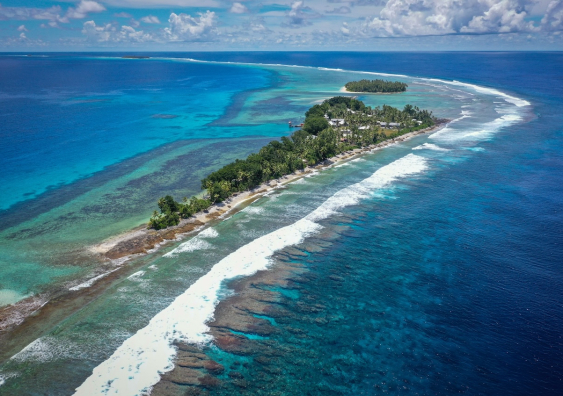
Australia's offer of climate migration to Tuvalu residents is groundbreaking - and could be a lifeline across the Pacific
-
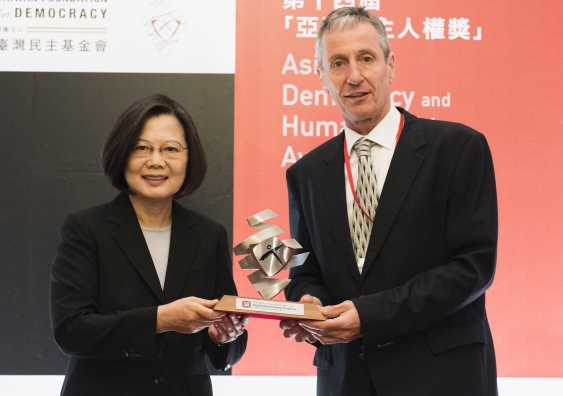
Award recognises 30 years of human rights work in the Asia Pacific
-
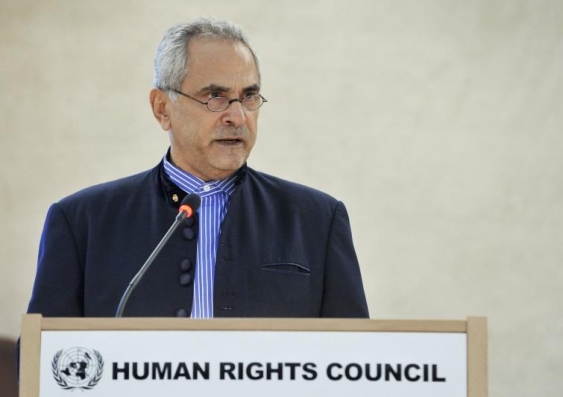
José Ramos-Horta to challenge thinking on refugees in free public lecture
-
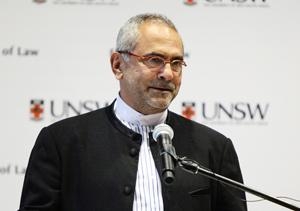
Australia's bid for Security Council is good for democracy

